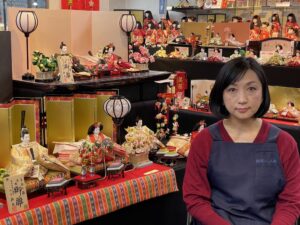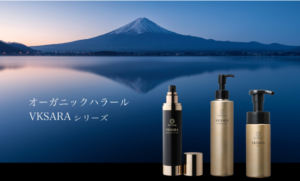This Is How Japan Keep Raw Food Safe
I saw a comment on Facebook that sounds a bit like so,
“In Japan and Korea, cases of tapeworms or roundworms caused by eating raw foods, such as sushi and sashimi are very high…”.
The statement is actually pretty inaccurate.
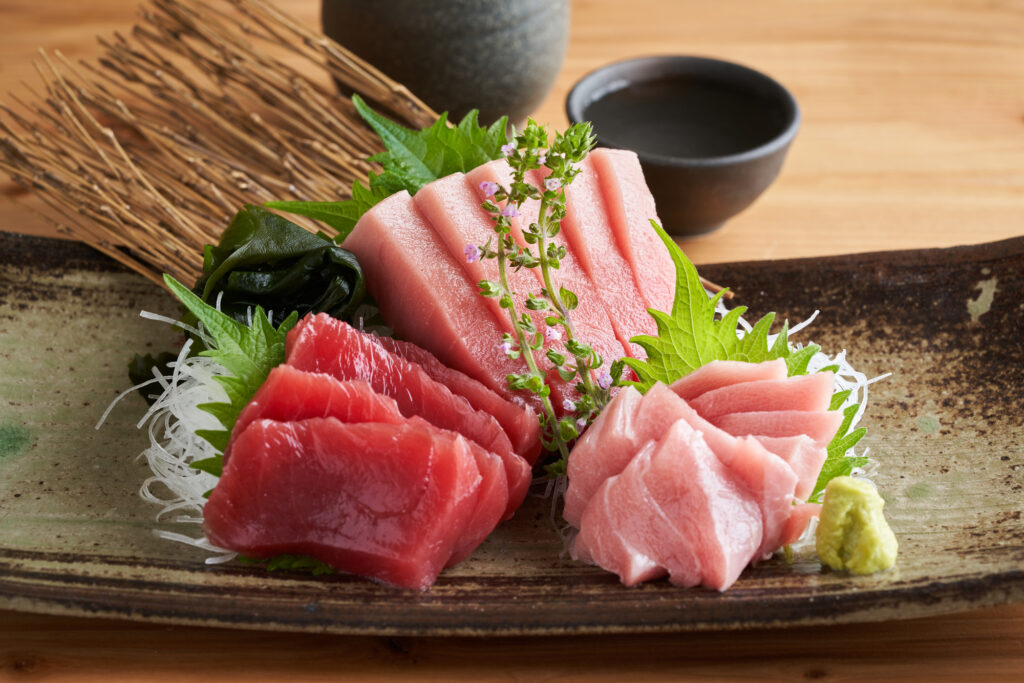
According to statistics, the number of parasite cases due to raw food in Japan in 2016 was 124. It is said to be relatively low for a country with a population of 130 million people.
Why?
Japanese people are extremely cautious in how they store and prepare foods, especially raw foods. Since they know that any slight mistake can be fatal.
When Japanese fishermen catch fish in the sea, they will quickly kill the fish’s brains by giving a strong blow to their heads. Then immediately freeze them at -40°C.
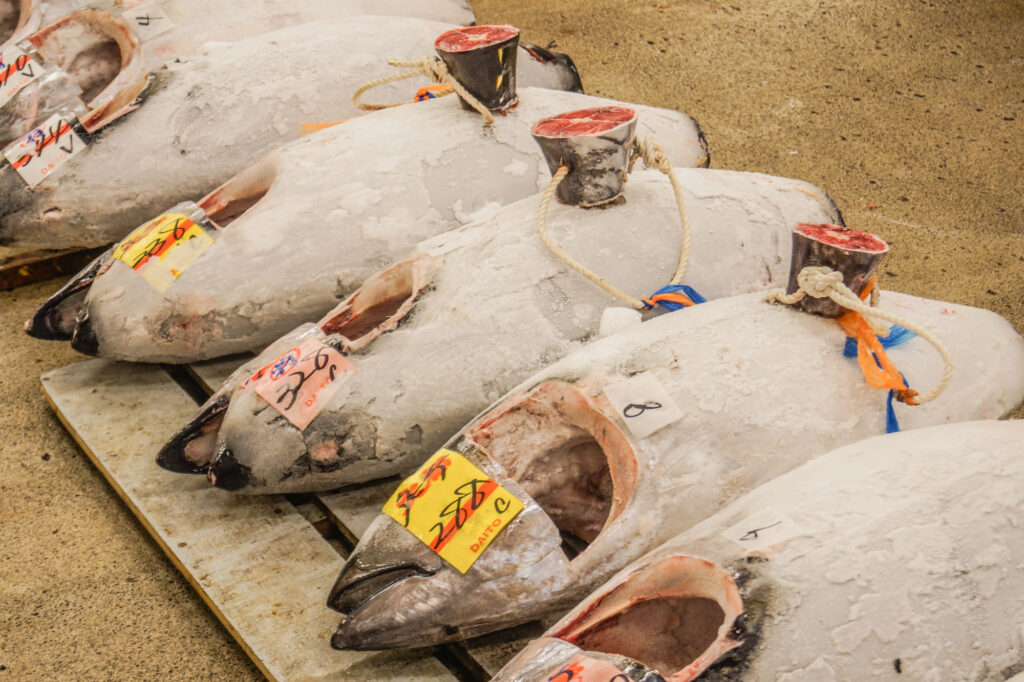
Why kill the fish’s brains?
This method can lessen their pain during death. Isn’t letting the fish dies slowly by quickly freezing them at -40°C is more sadistic?
The fish-killing method also helps preserve the freshness and safety of the fish. When they are frozen with extreme temperatures up to -40°C, it causes their pathogenic cells (which makes it rot/goes bad) to explode and die.
Aside from fish, Japanese people love eating raw eggs. Crack an egg on top of cooked rice, mix it and eat it raw. But there’s a possible risk at hand; raw eggs have the potential to be contaminated with Salmonella.
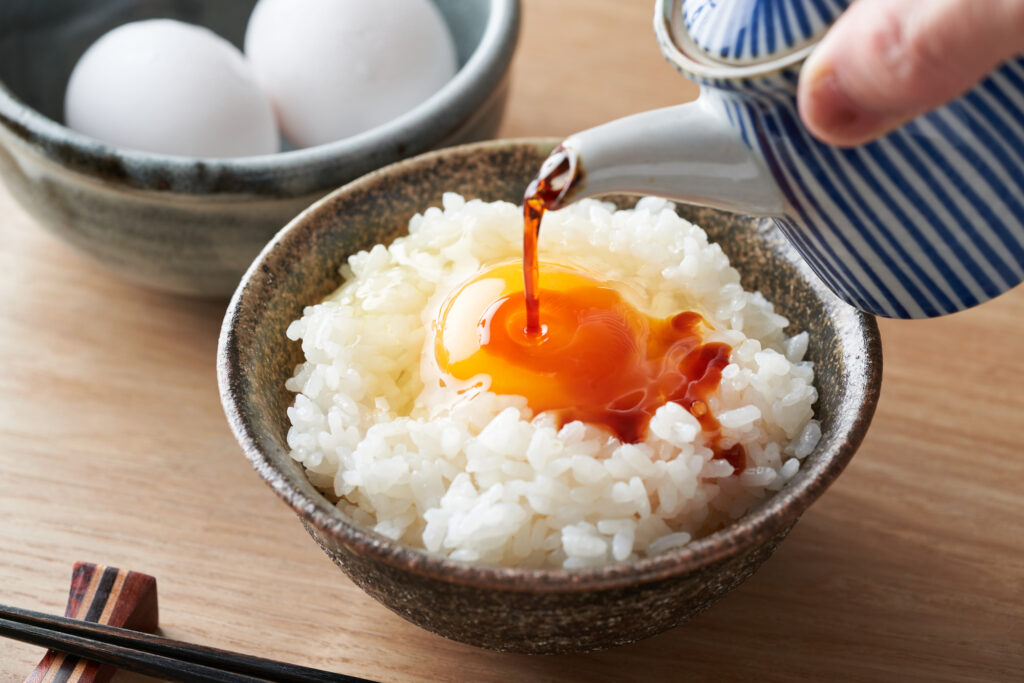
To ensure the eggs are completely safe from Salmonella bacteria.
For example, each egg is collected-cleaned-examined one by one. Any cracked eggs or didn’t meet the criteria outlined by Japan Poultry Association are discarded.
A special machine is also used to scan the eggs for any traces of bacteria. This process is repeated multiple times to ensure only completely safe eggs are sold in the markets.
Very meticulous!
Once the eggs passed all of those processes, they are delivered to supermarkets straightaway. Sometimes delivery will be on the same day to save time. The longer the eggs are outside, the shorter their lifespan.
That’s why most chicken farms in Japan are located close to the main road to shorten the travel time for eggs to be sent to the supermarket.
If you notice, each egg pack in Japan has an expiration date written on it. Sometimes the expiration date is placed on each egg. The date usually around 1-2 weeks from when it’s out on the market.
Is this effective? YES, very effective.
An example of a study in 2010, out of the 105,333 chicken eggs tested, only 3 were contaminated with Salmonella. So far, So good!
With its advanced technology and stringent laws, it’s no wonder why the Japanese can eat raw food safely.
 Zunita Ramli, Writer & Managing Director, Zaineeta Global PLT.
Zunita Ramli, Writer & Managing Director, Zaineeta Global PLT.Graduated from Faculty of Engineering, University of Melbourne. She worked as a network engineer for a few years, then realized of her passion in business and the beauty industry. Focusing on beauty lines, Tokyo Organic skincare (Made in Japan) offers halal skincare that only uses natural ingredients. She also likes to write articles, especially about Japan. Her articles has been featured many times in various websites, such as travel, life, and business.
Salam Groovy Japan introduces Japanese products and services for the Islamic market in English and Japanese.
Follow us on our social media and keep up-to-date with the latest news.


